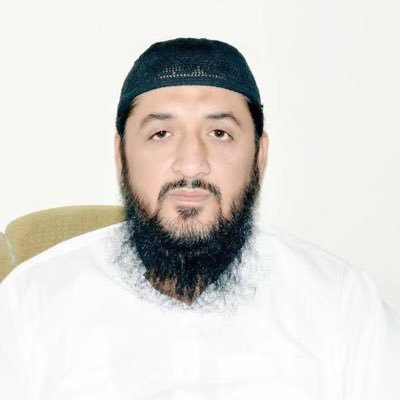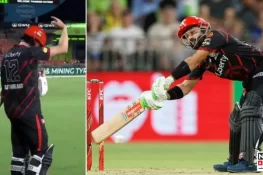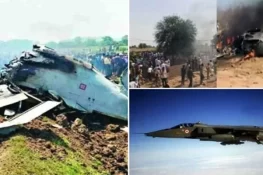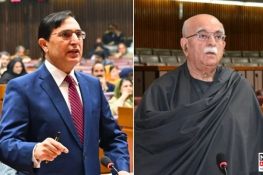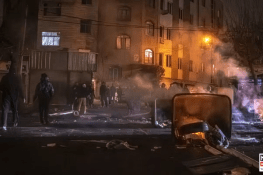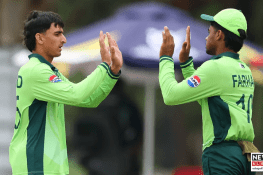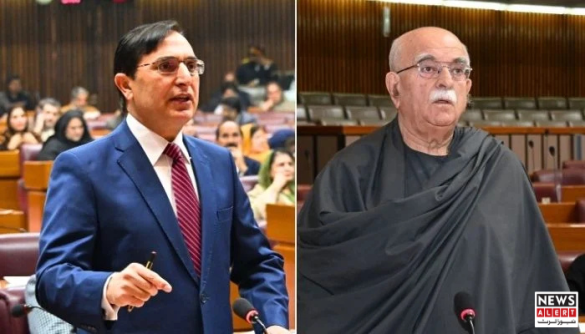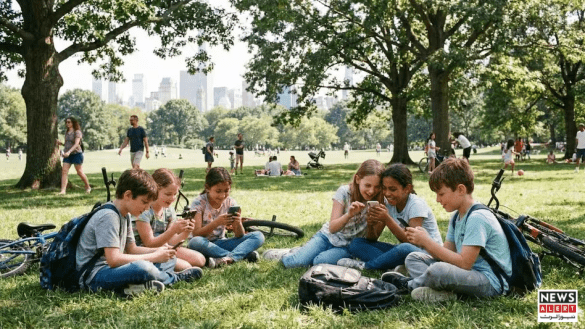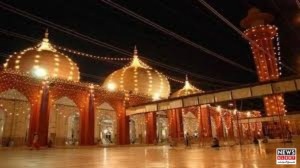Senior Leaders Hold Key Meeting
In Gujrat, senior political figures Nawabzada Tahir-ul-Mulk and Chaudhry Ali Warraich held a meeting with veteran politician Abid Raza Kotla to discuss matters of mutual concern.
According to sources familiar with the discussion, the leaders exchanged views on regional politics, community challenges, and upcoming strategies. The meeting underscored the importance of collaboration at the local level to address issues faced by residents.
Emphasis on Public Service
During the meeting, all three leaders stressed that the primary purpose of politics should be public service. They highlighted that the true strength of any elected representative lies in staying connected with people during times of hardship and working actively to resolve their concerns.
Nawabzada Tahir-ul-Mulk noted that citizens expect practical solutions rather than promises, while Abid Raza Kotla reminded that political credibility is built on “standing shoulder to shoulder with the people.”
Discussion on Gujrat’s Political Landscape
The leaders also reviewed the current political situation in Gujrat, a district long known for its influential political families and shifting alliances. Gujrat has historically played a significant role in Punjab’s politics, often acting as a swing district during national elections.
Observers say political alignments in the region are expected to play a decisive role in upcoming polls, as both major parties and independent candidates seek to consolidate their positions.
Against this backdrop, the leaders agreed that unity and cooperation would be crucial for ensuring stability and progress in the region.
Shared Commitment to Development
The participants of the meeting reiterated their resolve to continue joint efforts for the prosperity and development of the area. They agreed that public interest must be prioritized over partisan considerations.
Chaudhry Ali Warraich emphasized that long-term development requires investment in infrastructure, education, and health services. He added that such measures not only uplift communities but also strengthen democratic values by showing people tangible results of governance.
Broader Context: Local Politics in Pakistan
This meeting comes at a time when local-level politics in Pakistan is gaining renewed attention. With national elections anticipated in the coming year, grassroots leadership is becoming increasingly important for shaping outcomes.
Analysts argue that in districts like Gujrat, personal relationships and community service often weigh more heavily than party affiliations. Voters tend to support leaders who are visibly present in their communities, especially during crises such as economic challenges, natural disasters, or law-and-order issues.
The emphasis by Tahir-ul-Mulk, Warraich, and Kotla on public service and problem-solving reflects this political reality. Their call for unity is also seen as a recognition that fragmented politics can delay progress in a region already struggling with infrastructure gaps and rising social needs.
Looking Ahead
As Gujrat continues to navigate its political dynamics, the meeting between these leaders sends a signal of cooperation over competition. If their shared commitments translate into tangible projects, local communities may benefit from improved services and infrastructure.
For now, the gathering highlights a central theme in Pakistani politics: that the credibility of leaders is judged less by rhetoric and more by their ability to deliver solutions and remain connected to the people.

